Michigan is one of twenty-two states that have no governmental organization that establishes optician training, certification, or licensing requirements. In these states, the decision on optician hiring expectations is generally left to employers. Because there are a wide range of optical employers in Michigan, it is not uncommon to find a variety of skill sets among different opticians. Opticians should be aware of the level of training that they are receiving since it can have an impact on their ability to find employment in other offices.
Many employers elect to arrange for new opticians to be trained by experienced opticians who work for the same establishment. Opticians in these states may find that they have only been trained to perform tasks which their employer deems important. Opticians who work for large optical businesses may find that they are only trained in retail sales and minor frame adjustments. An optician who desires a more comprehensive understanding of the industry should voluntarily complete the certification exams offered by the American Board of Opticianry (ABO) and the National Contact Lens Examiners (NCLE). There are a few important benefits to pursuing these credentials.
One of the most appealing benefits to becoming a certified optician is the fact that employers will generally pay more. Employers know that customers are more comfortable receiving assistance from individuals who they know are competent. This leads to higher levels of customer loyalty and can represent a competitive advantage over the other optical businesses. Employers also know that certified opticians have demonstrated a comprehensive understanding of the industry and will require less training and support. This can have a big impact on the financial performance of a business because employers are not required to allocate as many resources toward opticians.
Another reason for becoming certified is the ability to transfer credentials between regulated and unregulated states. Opticians who decide to move at some point in their career will find that they have more job opportunities available to them if they have completed the certification exams. Regulated states will typically allow credentialed opticians to apply for a license through reciprocity; whereas, opticians who have not been certified may be required to return to school or work as an apprentice for an extended period of time.
Opticianry Degree Programs:
 Baker College, located in Jackson, offers an Associate of Applied Science Degree in Opticianry. While Michigan does not currently require licensure for opticians, this program prepares you to sit for state licensure exams in other states if you choose to move. It also gives you the credentials you may need to distinguish yourself from other applicants who lack training. This can play an important part in getting the type of job you desire. It is recommended that you apply to this program early due to limited capacity.
Baker College, located in Jackson, offers an Associate of Applied Science Degree in Opticianry. While Michigan does not currently require licensure for opticians, this program prepares you to sit for state licensure exams in other states if you choose to move. It also gives you the credentials you may need to distinguish yourself from other applicants who lack training. This can play an important part in getting the type of job you desire. It is recommended that you apply to this program early due to limited capacity.
State Contact Information:
State Association: Opticians Association of Michigan

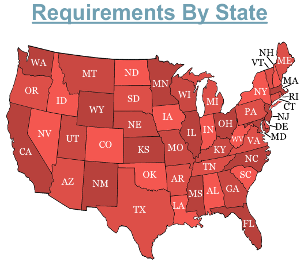

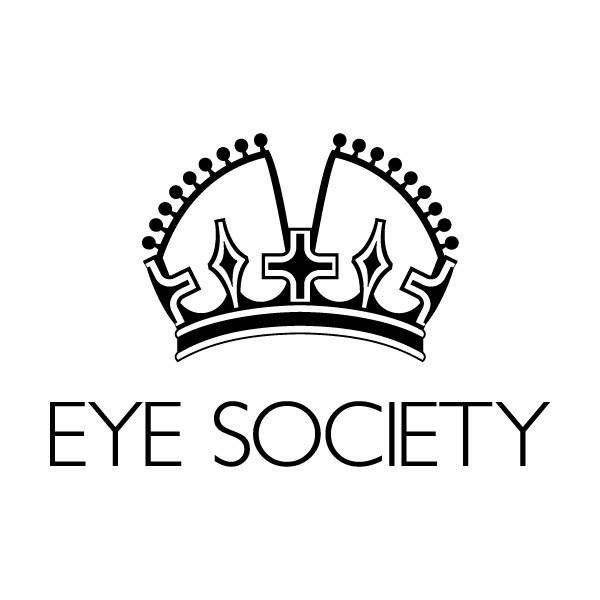


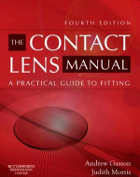
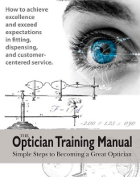

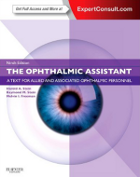
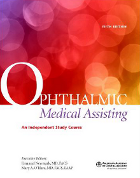
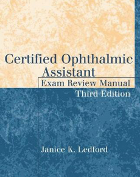
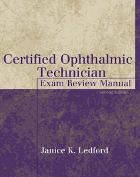
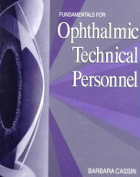

I am researching job opportunities and pay levels in the state of Michigan. This inquiry is for a US Navy veteran.